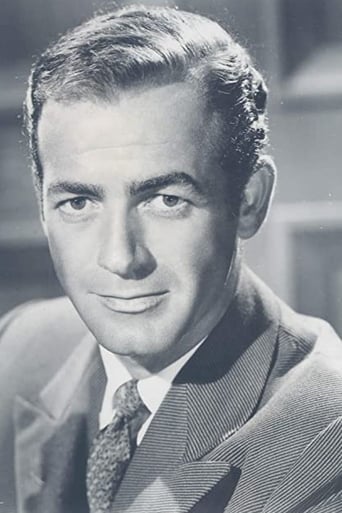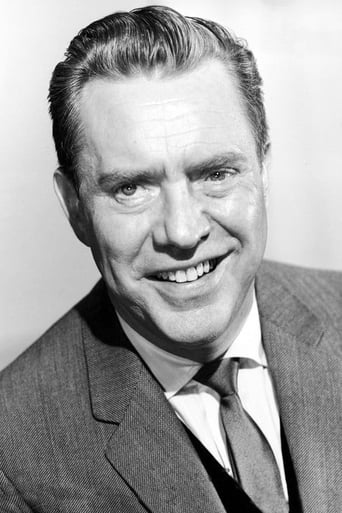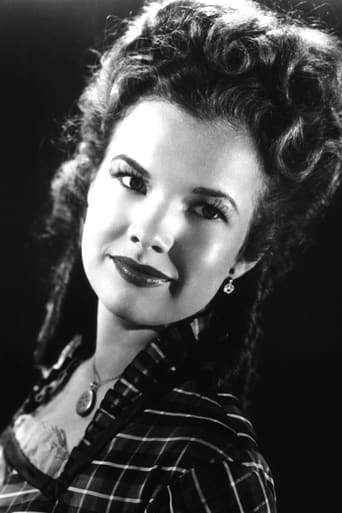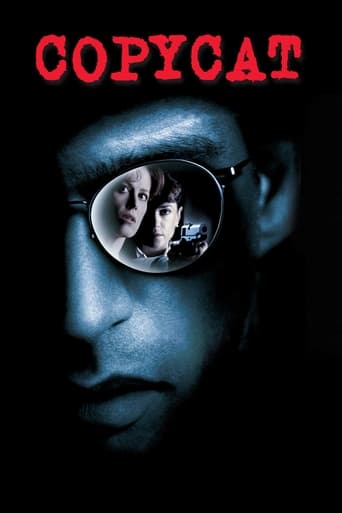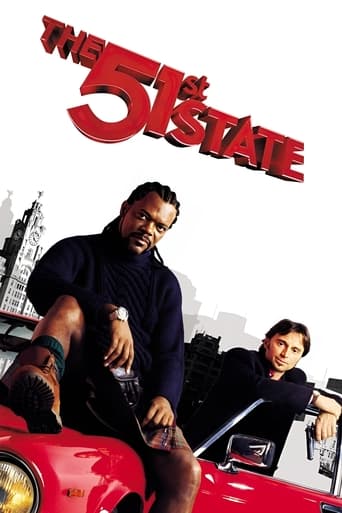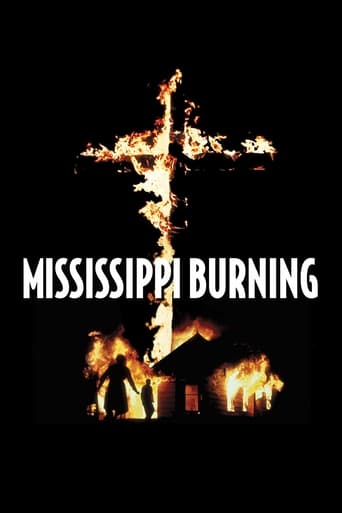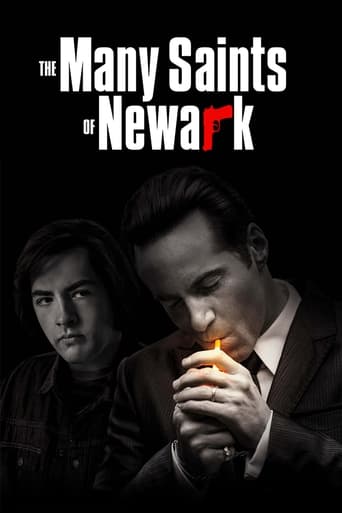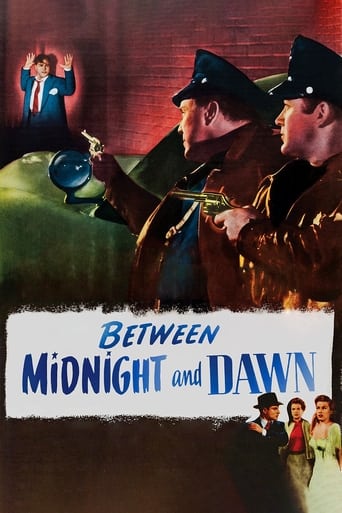
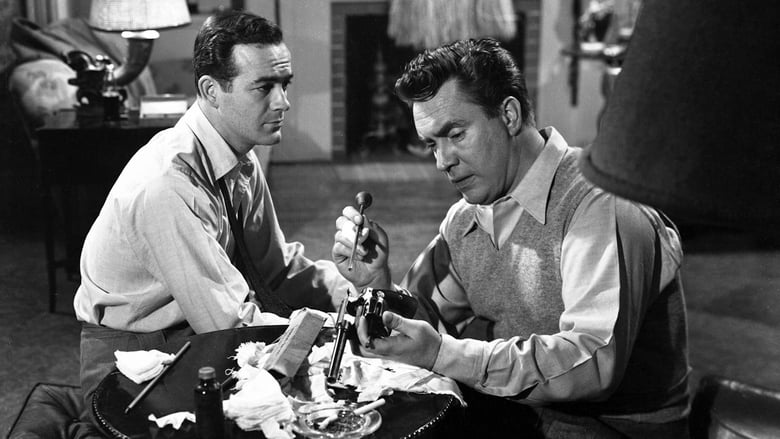
Between Midnight and Dawn (1950)
Rocky and Dan, war buddies, are prowl car cops on night duty. Dan is a cynic who views all lawbreakers as scum; Rocky feels more lenient. Both are attracted to the radio voice of communicator Kate Mallory; but in person, Kate proves reluctant to get involved with men who just might stop a bullet. By lucky chance, Rocky and Dan cause big trouble for murderous racketeer Ritchie Garris; but when he swears vengeance, Kate's fears may prove justified.
Watch Trailer
Cast
Similar titles
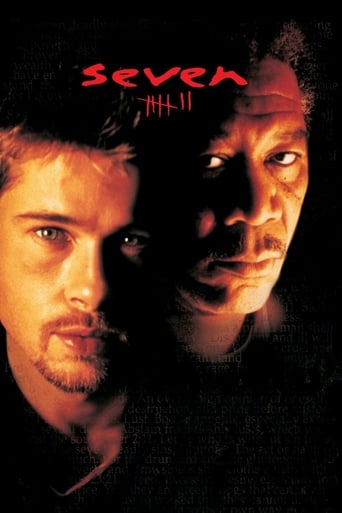
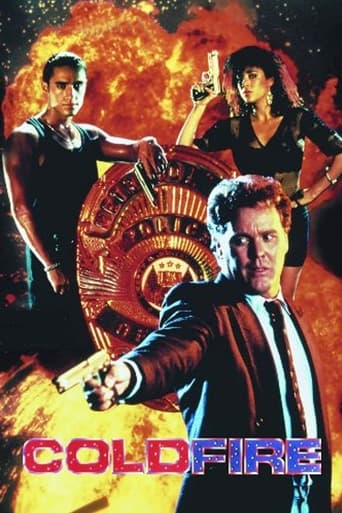

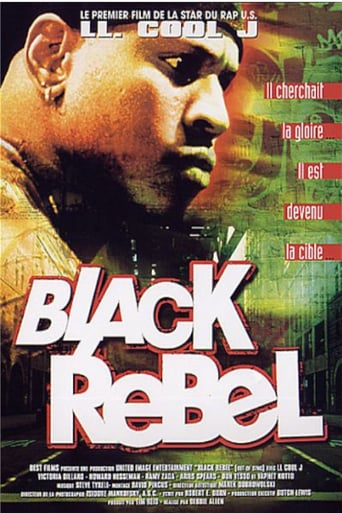
Reviews
To me, this movie is perfection.
The plot isn't so bad, but the pace of storytelling is too slow which makes people bored. Certain moments are so obvious and unnecessary for the main plot. I would've fast-forwarded those moments if it was an online streaming. The ending looks like implying a sequel, not sure if this movie will get one
The acting in this movie is really good.
An old-fashioned movie made with new-fashioned finesse.
Two patrol cops, one a light-hearted rookie (Mark Stevens), the other a cynical veteran (Edmund O'Brien), are old army buddies who fall for a pretty new secretary (Gale Storm) in their division and together escort her out for a night on the town. She is determined not to fall in love with a cop, having watched her mother ("Batman's" Madge Blake) go through losing her cop husband in the line of duty, but sweet mama interferes to the point of renting the second half of their duplex home to the two, frustrating Gale who wanted to steer clear of the two entirely outside of the office.Dominating the sugar-coated situation comedy of this plot line is the determination to bring down a local crime kingpin (Donald Buka) who has resorted to violence in order to prevent his organization from being taken over by an even more ruthless mobster. This leads to one of the two cops being brutally murdered and the determination of the killer to escape from prison and seek revenge with the help of his nightclub singer girlfriend (Gale Robbins). This leads to a tense stand-off at the end involving Buka, Robbins and a screaming little girl whom Buka uses as a shield in order to get away. The mood changes drastically from the brief foray into light-hearted slapstick to gritty street drama, and the violence is actually quite graphic. It's not a great film, but certain sequences will have you on the edge of your seats.
Like a previous reviewer, I also like Gale Storm. I can still remember the theme music to her early TV show "The Gale Storm Show". Years later when I saw some of her older films I was struck by how pretty she was as well as being a terrific singer. Even in a Frankie Darro movie ("Let's Go Collegiate" I think) where she only tagged along, she really stood out, especially when she sang. Just imagine if she had been with MGM in some of those heady musicals with grade A productions as well as being surrounded by big stars, she would have really reached the top. But unfortunately she was trapped at Monogram and by the end of the 40s when she was starting to get a few interesting dramatic roles television beckoned. The star of this movie, Edmond O'Brien, was also terribly under-rated, in my opinion - it was his "ordinary guy" looks and lack of artifice in a decade of pretty boys (Robert Taylor, Tyrone Power) that probably kept him from stardom.It was films like this one that set the high moralistic tone that was followed by TV shows such as "Dragnet", "Lock Up" and "Racket Squad". "Between Midnight and Dawn" attempted a very realistic portrayal of patrol men on the beat and their private lives, complete with the banter and wisecracks that in their stressful work environment they couldn't survive without (they called each other the "gruesome twosome"!!). Barnes (Mark Stevens) and Purvis (O'Brien) are a pair of "prowl car" cops who work the midnight to dawn shift. Barnes still has his humanity but Purvis is hardened, especially when it comes to "low dirty dames" who are involved with the scum of the street!!! A young girl caught up in a burglary gets no sympathy from hard hearted Purvis. His philosophy is that in a year's time she won't be so innocent!!! Barnes is shocked at his partner's attitude. One thing they both agree on is the honeyed tones of the girl on the switchboard - a girl they have never seen!! Kate turns out to be just as beautiful as she sounds (how could she help it, being Gale Storm)!! and she is also the daughter of a policeman slain in the line of duty. That means initially she is firm in her resolve not to date policemen but of course she is talked around. I felt at first she was drawn to Purvis, but his steely and rough approach especially during a scene where he slaps singer Terry (Gale Robbins) silly to get her to talk, really shocks Kate. Of course with Edmond O'Brien at hand, she is not really going to end up with Barnes. He is neatly disposed of about 3/4 of the way through. Purvis then has about half an hour to find his sensitive side which he does, in a shootout involving a small child and Terry, whose actions cause him to have a major rethink about his attitude and his approach to his work!!I would really recommend this terrific little movie, could it have been one of the first films to show the unglamorous policing of "prowl car" men?? And also the pity that Edmond O'Brien didn't get the acting kudos he so richly deserved!!
I found this movie to be very enjoyable to watch. There was no masterful overriding story, but it moved along at a good pace, was quite genial and had no faults. It might be called an early "procedural" in today's lingo: lots of radio squad car scenes, beaming messages in cop talk back and forth, well photographed auto chase scenes and shootouts. The directing, script, acting and cinema-photography were superior. In the movie the cops were all righteous and the criminals all incorrigibly bad. Three things stood out for me, favorably: (1) I was always a big Gale Storm fan, stemming from my childhood watching of "My Little Margie" re-runs on TV (Gale was the co-star of the TV show, and part of the romantic triangle in this movie). (2) The repartee was often witty and jocular and never off-putting. For example, on an early date, Officer Rocky Barnes (played by Mark Stevens) is having his first dance with Gale Storm, and, holding her tightly he says, "I've been waiting a long time for this." She replies, "I can believe it. I feel a rib cracking." He responds, "Oh, control yourself, Barnes. This lady's got to last." (3) The relationship between the two police partners (Stevens and Edmond O'Brien) was friendly and jocular. It was nice to observe their respect for each other. Both were quite competent. O'Brien was the more serious, cynical and hard on criminals. Stevens was more relaxed and sensitive to criminals' feelings.
Make no mistake. Gordon Douglas staged splendid action scenes, and this film, like many he made in this period, are well worth watching. (My favorite is THEM, where the build-up to the appearance of the title menace is so good, taut, and believable that you simply accept the implausible when it appears.) But, it's stretching a point to call BETWEEN MIDNIGHT AND DAWN a noir classic. It's really much more a police procedural (and I agree, no doubt an influential one) than a noir, even with the O'Brien character's bitterness and the iciness of the sociopathic heavy. And, while it's good of its kind and budget level, with some striking action set pieces, it's really no better than that.The problem is that the Stevens and O'Brien cops, while extremely likable, are, despite the edgy shading given O'Brien, simply too good and heroic to be memorable noir icons. They're straight-shooting, professional cops--as is the entire force from the top down, and, as a result, never really become more than simple heroes. The Stevens' character's shooting is staged with brutal swiftness, and is a stunner, but his deathbed scene seems present only to motivate the cold-blooded (and, frankly, extremely improbable) lone-wolf heroics of O'Brien. And the villain Garris is a chilling hood and nothing more. His execution at the climax resolves matters effectively, but Garris' demise lacks the feral poetry that makes, say, Cody Jarrett's end in WHITE HEAT the noir classic it is.That's what BETWEEN MIDNIGHT AND DAWN is missing, as a supposed noir. Compare it to two other celebrated noirish police procedurals of the period--HE WALKED BY NIGHT and ON DANGEROUS GROUND, and you'll see, I hope, what I mean. HE WALKED BY NIGHT was, in many ways, even more influential a police procedural than Douglas' film. Two things make it stick in the memory long after viewing, even to the point of haunting dreams. The first is the evocative shadowy camera-work of John Alton, combined with stunning locations like the LA sewers, to make the dogged police pursuit of their prey truly suspenseful. Maybe more important is the effort to make Richard Basehart's hi-tech thief more than just a stock villain: oh, he's a violent sociopath, yes, but he's also clearly smart, painfully alienated, and someone you can imagine making something of his life under other circumstances. One respects the cops for their efforts in this film, but one isn't expected to simply cheer them on, as I think was intended in the Douglas film. The climax of HE WALKED BY NIGHT was a tragedy. One can't say that for BETWEEN MIDNIGHT AND DAWN.ON DANGEROUS GROUND takes an element of BETWEEN MIDNIGHT AND DAWN--a good cop gone to bitterness and violence from the job--and presents his redemption in a manner so remarkably poetic and memorable that it clearly demonstrates the difference between a true noir classic and a solid but unremarkable programmer. This Nicholas Ray movie--both in storyline and visuals (via George Diskant, who also shot the Douglas film)--takes great pains to present a world not of mere good cops and evil criminals, but characters on both sides of the law who share human tendencies for good and ill. Robert Ryan's cop is so obsessed with doing his job that he's become nigh psychopathic. He literally must be taken out of his familiar, suffocating haunts, and made to face the extent of his dehumanization. That this happens while he's pursuing the perpetrator of a horrific murder is but one of the resonant ironies that makes Ray's film linger in the mind and heart.In short, real noir is poetic...and BETWEEN MIDNIGHT AND DAWN, good that it may be, simply lacks the poetry of a true classic...
